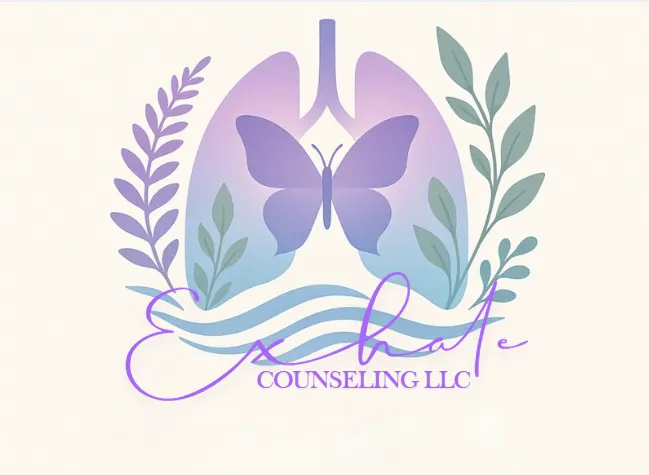Blog
Encouragement and insights for the journey ahead.
By Emily Miller
M.A. (Marriage & Family Therapy), LAC

Find Your Voice
Find Your Voice: The Power of Being Assertive (Not Passive or Aggressive)
When it comes to communication, most of us fall somewhere on a spectrum:
Passive: You shrink back and let others take the lead.
Aggressive: You push hard and bulldoze your way through.
Assertive: You stand firm with respect and confidence.
It sounds simple, but striking that assertive balance can be tough. Especially if you were raised to avoid conflict, taught to “be nice,” or grew up in an environment where speaking up didn’t feel safe.
But, assertiveness is a skill — not a personality trait. That means you can build it, strengthen it, and step into it with more ease and confidence over time.
Passiveness: When Silence Costs You
Passive communication sounds like:
“It’s okay, I don’t mind.”
“Whatever you want is fine.”
(Quietly simmering, then regretting not saying something)
People who lean passive often:
Avoid conflict at all costs
Struggle to set boundaries
Say “yes” when they mean “no”
Feel invisible, unheard, or resentful
It may feel “safe” in the moment, but passiveness often leads to unmet needs, burnout, and self-doubt.
Aggressiveness: When Confidence Turns Into Control
Aggressive communication sounds like:
“You always do this!”
“Why can’t you just listen?”
“You’re wrong. End of story.”
People who lean aggressive often:
Speak over others
Struggle to hear feedback
Use volume, sarcasm, or criticism to dominate
Come off as intimidating, even if their intentions are good
It might feel powerful, but aggressiveness often creates fear, disconnection, and damaged trust.
Assertiveness: The Sweet Spot
Assertive communication sounds like:
“I hear what you’re saying, and here’s how I feel…”
“I’m not okay with that, and I’d like to find a solution.”
“No, thank you.” (Without guilt!)
Assertive people:
Know their needs and express them clearly
Listen without shrinking or overpowering
Set boundaries with kindness
Own their voice without apology
Assertiveness isn’t about being louder. It’s about being clear, calm, and confident.
How to Become More Assertive (Without Feeling Like a Jerk)
Here are 5 gentle ways to step into your assertiveness:
1️) Know Your Needs
It’s hard to speak up when you don’t know what you’re asking for.
Take time to reflect: What do I need in this situation? What matters to me?
2️) Practice Clear Language
Start with “I” statements:
“I feel frustrated when plans change last minute. I need more heads-up.”
“I’m not comfortable with that, and I’d like to talk more about a compromise.”
Avoid blaming or apologizing for your needs.
3️) Set Boundaries with Warmth
You can be firm and kind. Try:
“I won’t be able to do that, but I hope it works out.”
“Thanks for thinking of me, but I’m going to say no this time.”
4️) Get Comfortable with Discomfort
You may feel guilty or anxious at first. That’s normal.
Assertiveness feels vulnerable because it is. But every time you do it, you build strength.
5️) Practice in Safe Places
Start with people you trust. Or rehearse out loud.
Over time, your assertiveness muscle grows and it becomes your new normal.
Takeaway: You Deserve to Take Up Space
Being assertive doesn’t make you mean.
t makes you honest.
It makes you whole.
You’re allowed to:
Speak up
Set boundaries
Say “no”
Ask for what you need
Take up space in your own life
So whether you’ve been holding your tongue or charging too hard, now’s the time to pause, breathe, and step into that balanced middle ground.
Assertiveness is where your voice lives. Let it be heard.
Start Your Journey Today
Begin your journey towards a happier and more fulfilling life today.
This is a supervised private practice. It is owned and managed by a master’s-level, non-independent licensee under Board-approved clinical supervision pursuant to A.A.C. R4-6-211. The Board approved clinical supervisor of this practice is:
Name: Rachel Sommerfield, LPC, MC, ADHD-CP
Phone: (520)509-5371
Email: [email protected]



Facebook
Instagram
TikTok